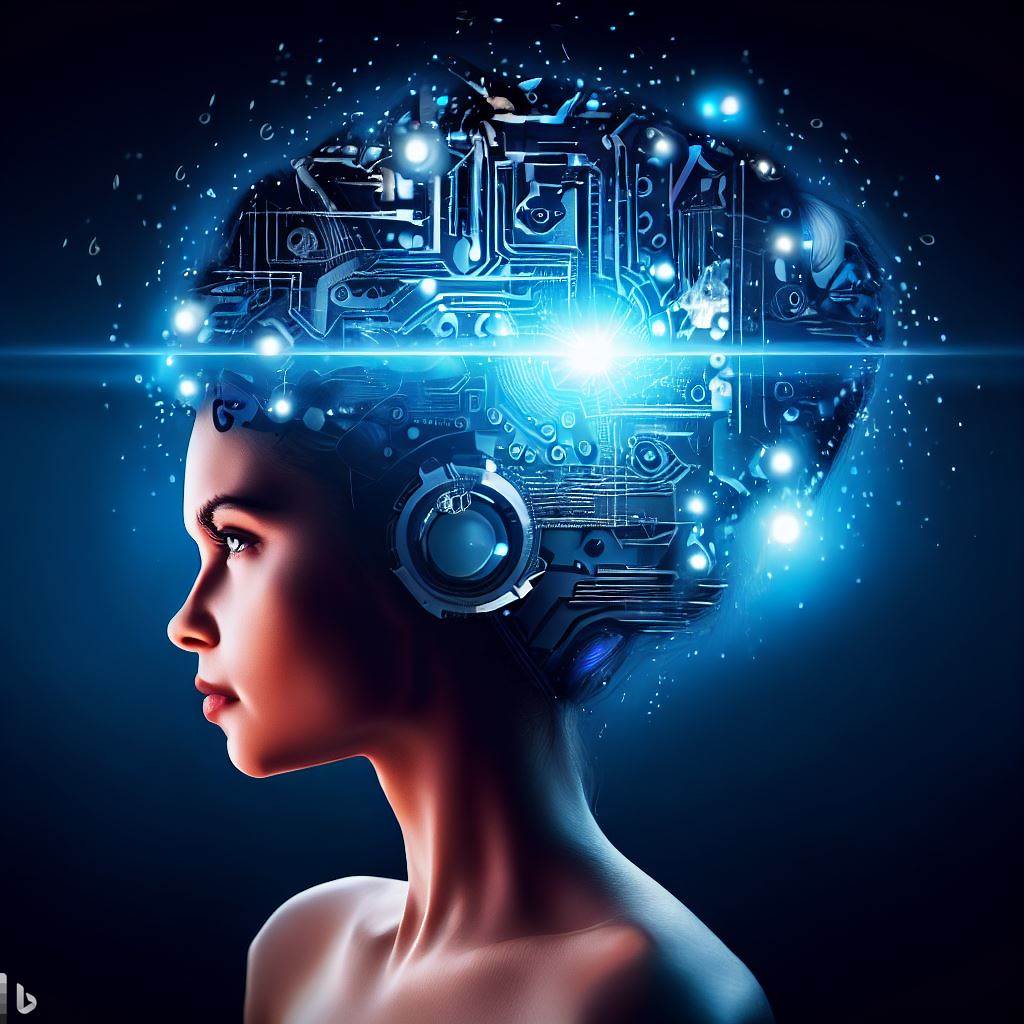The world of AI mind-reading devices is truly fascinating.
Introduction
In the realm of artificial intelligence, the boundaries of what machines can achieve are constantly expanding. Recent advancements in AI have paved the way for revolutionary technologies that seemed like science fiction just a few years ago. One such innovation is the development of AI mind-reading devices. These cutting-edge creations have sparked intense curiosity and debate about the potential of AI to surpass human intelligence. In this article, we will delve into the captivating world of AI mind-reading devices and explore the possibilities and challenges they present.
Understanding AI Mind-Reading Devices
What Are AI Mind-Reading Devices?
AI mind-reading devices are a remarkable blend of neuroscience and artificial intelligence. They are designed to interpret and analyze human brain activity through sophisticated sensors and algorithms. These devices can decode neural patterns to comprehend human thoughts, emotions, and intentions.
The Technology Behind Mind-Reading Devices
To achieve this astounding feat, AI mind-reading devices utilize a combination of electroencephalography (EEG) and machine learning algorithms. EEG enables the measurement of electrical brain activity, which is then processed by AI algorithms capable of identifying patterns associated with specific thoughts and emotions.
The Potential of AI Mind-Reading Devices
Advancements in Healthcare
AI mind-reading devices have the potential to revolutionize healthcare. By understanding brain activity, these devices could aid in diagnosing neurological disorders and mental health conditions with greater accuracy and at earlier stages. Additionally, they might open new possibilities for communication with patients who have lost their ability to speak or move.
Enhancing Human-Computer Interaction
Imagine a world where technology responds to our thoughts without us lifting a finger. AI mind-reading devices could lead to seamless human-computer interaction, making devices more intuitive and accessible to people of all ages and abilities.
Unraveling the Secrets of the Mind
AI mind-reading devices offer neuroscientists unprecedented insights into the complexities of the human mind. By observing brain activity during various tasks and experiences, researchers can better understand human cognition and behavior.
Challenges and Ethical Considerations
Privacy and Consent
The prospect of devices reading our thoughts raises significant privacy concerns. Striking a balance between the benefits of AI mind-reading technology and the need to safeguard individual privacy is essential.
Potential Misuse and Manipulation
The ability to access someone’s thoughts and emotions can be misused, leading to ethical dilemmas. It is crucial to establish strict guidelines and regulations to prevent the misuse of AI mind-reading devices.
The Definition of Intelligence
Debates about whether AI can surpass human intelligence inevitably lead to philosophical questions about the nature of intelligence itself. Defining intelligence is complex and subjective, making it challenging to compare human and artificial intelligence directly.
The Future of AI Mind-Reading Devices
The journey of AI mind-reading devices has just begun, and the possibilities are limitless. As technology continues to advance, we can expect these devices to become more accurate, reliable, and widely available.
Empowering People with Disabilities
In the future, AI mind-reading devices may play a pivotal role in empowering individuals with disabilities. They could enhance communication, mobility, and overall quality of life for people with physical or cognitive impairments.
Augmented Learning and Memory
Imagine if we could instantly access vast knowledge and learn new skills simply by thinking about it. AI mind-reading devices might one day augment our memory and learning abilities, revolutionizing education and skill acquisition.
Conclusion
AI mind-reading devices are a groundbreaking technological marvel that holds immense potential. From healthcare to human-computer interaction, they promise to reshape various aspects of our lives. However, with such powerful technology, ethical considerations and responsible use are of utmost importance.
In conclusion, while AI mind-reading devices have the capacity to achieve remarkable feats, they must be developed and employed with great care and consideration for the well-being and privacy of individuals. As we venture further into the realm of AI, let us embrace the possibilities it offers while remaining vigilant about its impact on society.
FAQs
- Are AI mind-reading devices safe to use?AI mind-reading devices are designed with safety in mind. However, strict regulations and guidelines are necessary to ensure ethical use and protect user privacy.
- Can AI mind-reading devices read thoughts accurately? The accuracy of AI mind-reading devices largely depends on advancements in technology. While they show promise, achieving complete accuracy is a complex challenge.
- Do AI mind-reading devices have limitations? kYes, AI mind-reading devices have limitations. They might struggle with interpreting complex emotions and abstract thoughts.
- Will AI mind-reading devices replace human interaction?AI mind-reading devices are not meant to replace human interaction but rather enhance it by providing new possibilities for communication and understanding.
- How can AI mind-reading devices benefit individuals with disabilities?AI mind-reading devices can empower individuals with disabilities by improving communication and accessibility, making daily tasks more manageable and enhancing their overall quality of life.

